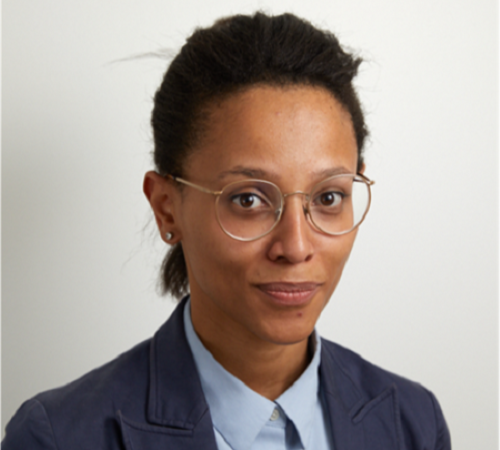Research Fellowships 2024
Human behaviours are steered by intention, a cognitive process that guides individuals towards their desired goals. Actions serve as how individuals accomplish their goals. Yet, for individuals affected by hand impairments, a discord arises between their intended goals and the actions they can perform. This is because of their inability to effectively convey intentions to their muscles, so they are unable to carry out anticipated tasks.
Hand impairments arise from various causes. Every Year, worldwide approximately 10 million stroke survivors and between 125,000 and 250, 000 people with spinal cord injuries experience persistent hand disabilities. Conditions such as multiple sclerosis (affecting 130,000 individuals in the UK), spinal muscular atrophy (affecting about 2,500 individuals in the UK), and arthritis (affecting about 10 million in the UK) can also cause reduced hand function.

Robotic hand exoskeletons are poised to improve the lives of people with hand impairments, but designing them in a way so they are intuitive to use is limited by problems such as shared control and a lack of contextual awareness. Despite advancements in control approaches, the sensing of robotic hand exoskeletons still falls far short of matching the level of help to human needs.
Dr Letizia Gionfrida’s Royal Academy of Engineering Research Fellowship will support the proposed VisHandRob that lays the foundations for developing next-generation robotic hand exoskeletons to optimise shared control between the human and the robot. Working at King’s College London, the initial phase will evaluate how intent can be detected. Then, a deep neural network that directly maps real-world visual inputs to appropriate musculoskeletal actions will be trained in simulation. Finally, changes in the musculoskeletal system will be tested with a physical device using continuous tasks on healthy and post-stroke patients to successfully transfer the control policy from simulation to reality. The final control strategy will be semiautonomous, driven by muscles and vision.
Related content
View all programmesSupport for research
The Academy runs a number of grants to support excellent researchers carry out engineering activities and to enable clo…
Research Fellowships
The Academy offers Research Fellowships each year to outstanding early-career researchers to support them to become fut…
